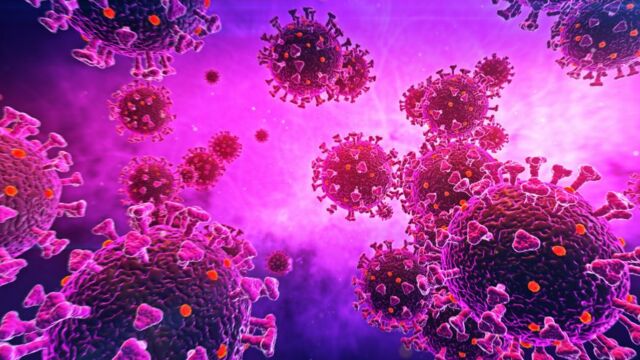Will it soon be possible to cure cancer by reversing the biological process of the disease that turns healthy cells into cancer cells? The results of a research programme conducted jointly by Spanish and Israeli scientists might give rise to this hope.
Discover our latest podcast
In an article about their work published on the website of the journal Nature, the researchers reported that they have succeeded in changing the genetic nature of cancer cells by chemically altering their messenger RNA, using a technique called epigenetics, which allows the same DNA to be used differently from one cell to another.
Is it possible to ‘modify’ cancer cells?
This can be a potential revolution in the fight against cancer. While the molecular changes responsible for the transformation of healthy tissue into tumour tissue have been extensively studied in recent decades, scientists inside have known very little about the reverse process that can lead to a cancer cell becoming cancer-free again.

The researchers focused on this cell transformation and developed an in-vitro model in which leukaemia cells have been treated to turn into a type of harmless immune cells called macrophages. In the course of their research, the scientists observed a change in the genetic nature of these cells following a significant revision of the chemical changes that took place on their messenger RNA. These changes mainly affected the distribution of an epigenetic marker called methylated adenine.
A new approach to curing leukaemia?
For the research team, these results were promising. They believe that these research results should be further explored as a new approach to fighting leukaemia. As per BMC, the number of diagnosed leukaemia cases increased from 354.5 thousand in 1990 to 518.5 thousand in 2017, around the world. However, the programme has not yet been tested on patients.
Dr Manel Esteller, who heads the Josep Carreras Leukaemia Research Institute at the University of Barcelona, concludes:
The first preclinical drugs against this target have already been developed in experimental models of malignant blood diseases. So we provide another reason why these new drugs could be useful in cancer therapy, especially in leukaemias and lymphomas.
This article is translated from Gentside DE.
Read more:
⋙ The type of mole on your body could be an early sign of skin cancer
⋙ Breast cancer: Having moles on your skin can increase risk of cancer, studies show
⋙ This common breakfast staple linked to three ‘deadly’ cancers - study















